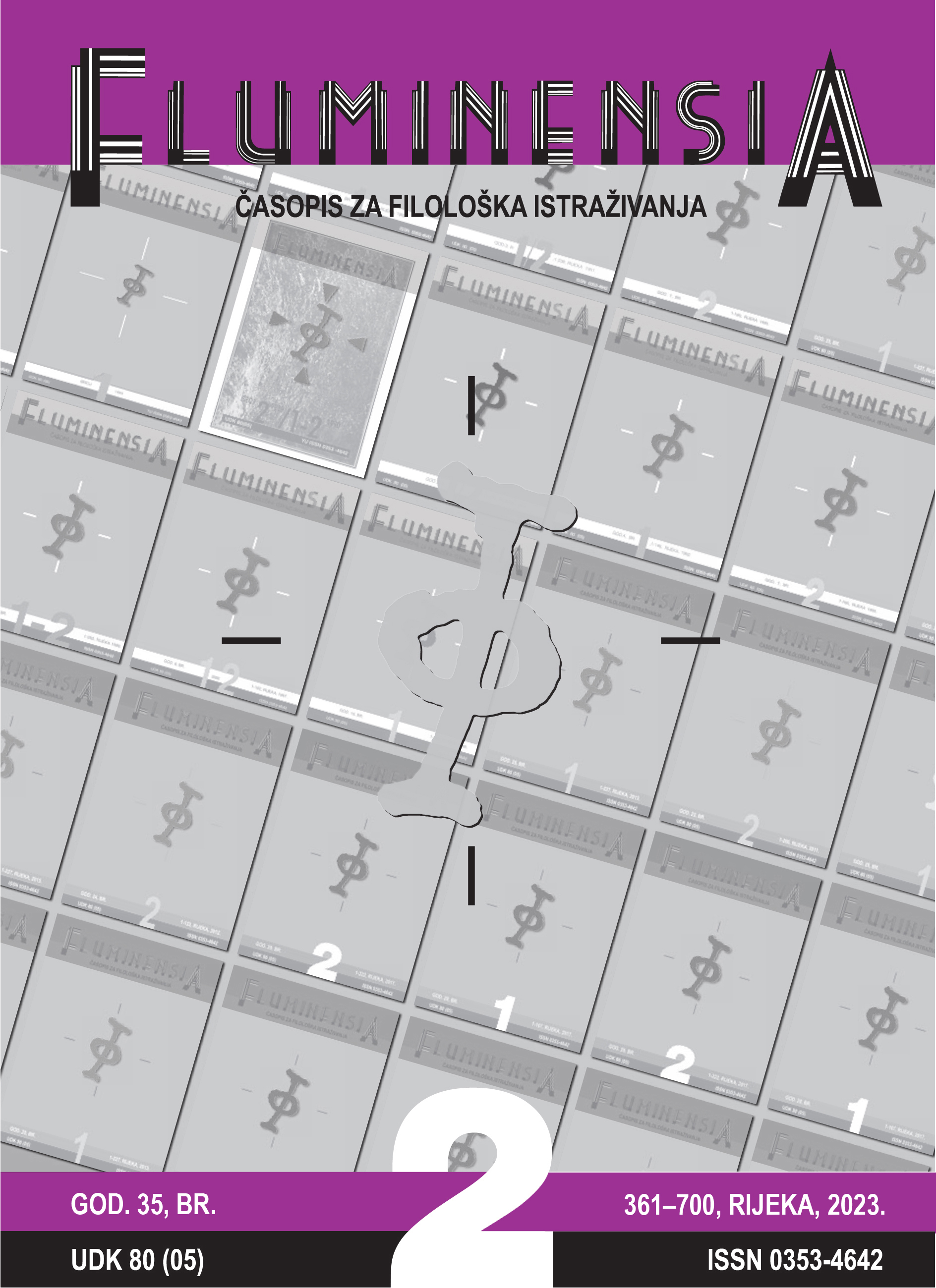FEATURES OF INTRODUCTORY PARAGRAPHS IN ARGUMENTATIVE TEXTS BY LEARNERS OF GERMAN AS A FOREIGN LANGUAGE
Keywords:
discourse competence; coherence; thematic progression; text introduction; argumentative essay; German as a foreign languageAbstract
Discourse competence in a foreign language rises in importance as a learner develops and approaches higher levels of communicative language competence. Roughly defined as the ability to produce and understand texts, discourse competence is a very complex component of communicative language competence. Since the goal of learning a foreign language is not the ability to produce grammatically and semantically correct sentences, but the ability to communicate in an FL, the description of the features and the development of FL learner’s discourse competence is of utmost importance. The aim of this paper is to examine the features of introductions in argumentative essays in German texts by FL learners. The method employed is thematic progression analysis and the most important goal is to identify the shortcomings that can be observed in these texts. The corpus for the present study includes 50 texts in German written by foreign language learners at the B2 level. The analysis has revealed that poorly evaluated texts are relatively short, consisting of very few t-units and a small number of different thematic elements. The selection of referents and expressions functioning as the thematic element of a t-unit and the order in which thematic elements appear in an introduction pose great difficulties for FL learners of German. It is assumed that these shortcomings partially stem from low linguistic competence in German, but they are also associated with general cognitive abilities that are not language specific. The analysis has also revealed the scope and limitations of the application of the thematic progression analysis method. Finally, it is concluded that the results of the study can be used as a starting point to derive pedagogical implications relevant for FL learning contexts.

